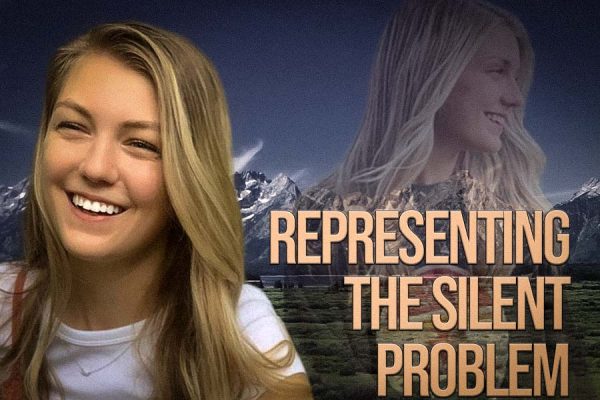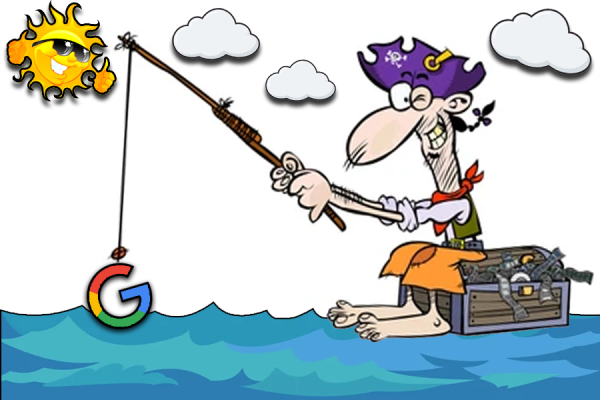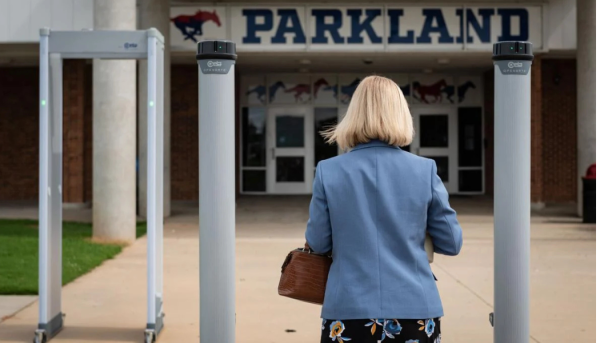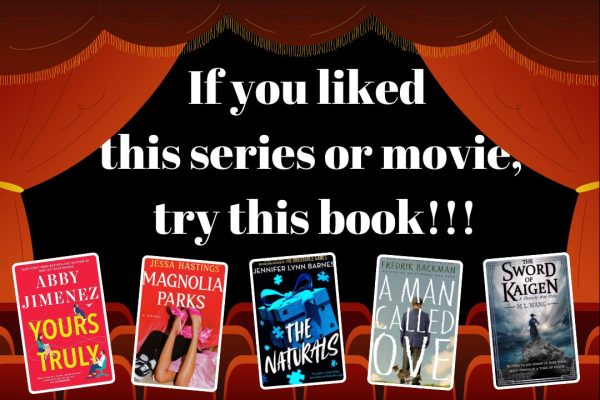Social Media: The worst thing the internet has produced
Everyone’s been there– you’re sitting at home, alone and bored, mindlessly tapping through Snapchat stories for the third time. You see yet another party being held despite quarantine restrictions, another group hangout you weren’t invited to, and another couple that looks much happier than you are. Experiencing the feeling of missing out happens to us all, and that’s just scratching the surface of how social media negatively affects our lives.
Most people, especially teenagers, know how filters, editing, angles and so much more can make someone seem far more attractive than they actually are. Despite rationally knowing that most pictures are cherry-picked and perfected, subconscious insecurity remains. Millions of American teens struggle with eating disorders and self-image issues due to this unrealistic standard of beauty, portrayed by celebrities and peers alike. This self-doubt isn’t only about physical appearance; it can stem from the aforementioned feelings of being left out, not being entertaining enough, or unpopularity. A quick dopamine rush every so often is not worth the hours spent daily just scrolling through various apps, which brings up another issue: social media is a massive waste of time.
At the end of every week, Apple users get a notification letting them know exactly how much time they’ve spent on certain apps and overall daily time on their phones. Personally, my average screen time is around 3 to 4 hours, and I know quite a few people whose times are at least double that. This not only eats away at precious time in our day, but removes opportunities for (but not the necessity of) face to face interaction. Arguing with someone in an Instagram comment section earns you nothing but irritation and certainly will not change their mind, but many people would be more respectful and get more accomplished with a conversation that is not locked behind a phone screen.
Style of debate has also devolved due to online arguing, from an ability to be productive and compromise on issues, to a competition of who can make the other person angrier and therefore win the argument. Fallacies, personal attacks, and outright falsehoods are on prominent display almost anywhere you look online. This, unfortunately, seeps into our actual lives, most clearly demonstrated in the recent presidential debates and rallies. With fake news stemming from both political parties and becoming so common, it’s difficult to know what’s real anymore.
Not only does a lack of personal connection affect arguments, making them more vicious than necessary, but the fact you can create your own online echo chamber for your ideas makes many less receptive to compromise. Polarizing and extremist ideas are given a platform on both sides and amplified through social media, and though they make up a tiny minority of a group, many take extreme views as what the “opposition” actually believes. For example, the Black Lives Matter movement has become synonymous to many with riots and violence, when in reality, a large majority of protests are peaceful. People find others with similar views to them and align with that group to reassure themselves that their opinion is always right, which obviously feels good. This is exactly how people become so deeply rooted in beliefs to the point where they refuse to change them, even when presented with clear facts to the contrary. Why would you accept a compromise with your neighbor or classmate in an argument when you can find someone with your exact beliefs that lives halfway across the world?
Short term entertainment and quick news are the typical arguments in favor of social media. I believe humans could find a different way to get quick information without social media, especially with instant communication becoming a reality in the past few decades. Yes, it’s fun to watch TikToks, but the near-constant use takes a toll on all of us. Try putting your phone down for a day, and see how much more time you have.

Treyce Warner is the senior news editor for the Zephyr during the 2021-2022 school year. This is his second year on the staff. He is a nationally competitive...







